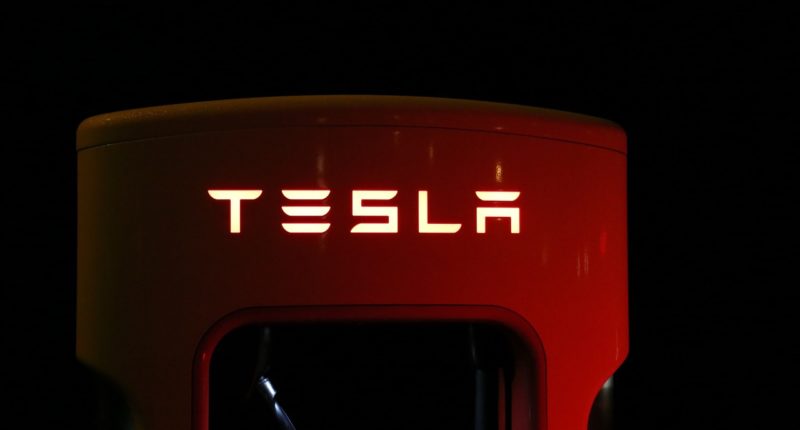After Elon Musk’s recent meeting with Prime Minister Modi during latter’s recent US visit, Tesla is now finally entering the Indian market. The EV giant plans to begin importing its vehicles to a port near Mumbai in the coming months, according to a Bloomberg report. Additionally, the company has made several new roles live on its careers page, for India related sales, retail and technology teams.
The Musk-owned EV maker aims to start selling cars in key Indian cities, such as Mumbai, Delhi, and Bangalore, by the third quarter of 2025.
Tesla’s initial offering in India will be the Model Y, an SUV-style electric vehicle known for its advanced features, enhanced towing capacity, and spacious design. This decision deviates from earlier speculation that Tesla might introduce the more affordable Model 3 as its first product in the Indian market. Instead, the company appears to target the premium segment with the Model Y, which will be imported from its Gigafactory in Berlin. The Berlin facility produces right-hand-drive variants suitable for countries like India, where vehicles drive on the left side of the road.
The Model Y is expected to be priced between ₹70 lakh and ₹90 lakh ($84,000 to $108,000) Tesla’s sales target for the Indian market has been estimated at around 2,500 units annually during the initial phase, as per reports. Despite the Shanghai factory’s capability to produce right-hand-drive Model 3 vehicles, Tesla has opted not to source from China, likely due to restrictions and regulatory complexities associated with Chinese imports. The company’s other high-end models, such as the Model S and Model X, as well as the recently launched Cybertruck, will not be part of the Indian rollout, as they are only available in left-hand-drive configurations that do not comply with Indian regulations.
It should be noted that Tesla’s entry into India will follow an import-only business model, with no immediate plans to establish manufacturing or assembly plants within the country. While there were earlier discussions about setting up a final assembly unit in India, the company has not committed to any such investment at this stage.
This development comes at a time when the nation’s steep import duties shapes up to be a major challenge for the automaker. Currently, electric vehicles priced above $40,000 face a 70% Basic Customs Duty (BCD), along with an additional 40% Agriculture Infrastructure and Development Cess (AIDC), resulting in an overall tariff of 110%. For EVs priced below $40,000, the import duty is 70%. However, a recent policy change has eliminated the 10% Social Welfare Surcharge (SWS), providing some relief and reducing overall import costs. Tesla has consistently advocated for lower import taxes, arguing that high tariffs limit its ability to offer competitively priced vehicles in India.
Tesla’s renewed focus on India comes after a meeting between CEO Elon Musk and Prime Minister Narendra Modi during Modi’s visit to the US, something which is believed to have accelerated discussions regarding regulatory conditions and tariff reductions. With Trump assuming office and openly warning countries to lower tariffs, Government sources indicate that India is considering additional measures to facilitate Tesla’s entry, including increasing the annual cap on EVs eligible for concessional tariffs from 8,000 to 50,000 units.
A senior government official noted that while Tesla has not committed to local manufacturing, the company may gradually increase local sourcing of components as it integrates into India’s automotive ecosystem. However, Tesla will not be eligible for the Scheme to Promote Manufacturing of Electric Passenger Cars in India (SPMEPCI), which offers lower import duties to companies investing in domestic production. For now, the company has already begun recruiting to build its local team to support its operations in India – Tesla recently advertised 13 job openings on LinkedIn, including roles such as service technicians, advisors, customer engagement specialists, and delivery operations managers in Mumbai and Delhi.
The Tech Portal is published by Blue Box Media Private Limited. Our investors have no influence over our reporting. Read our full Ownership and Funding Disclosure →






